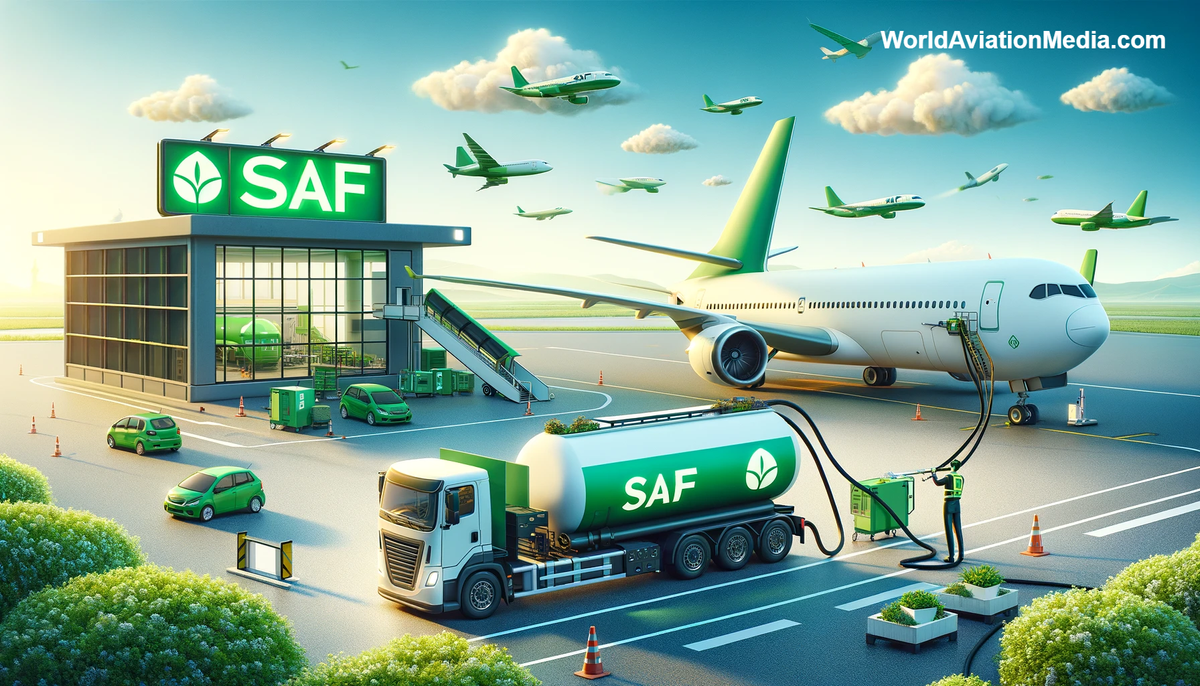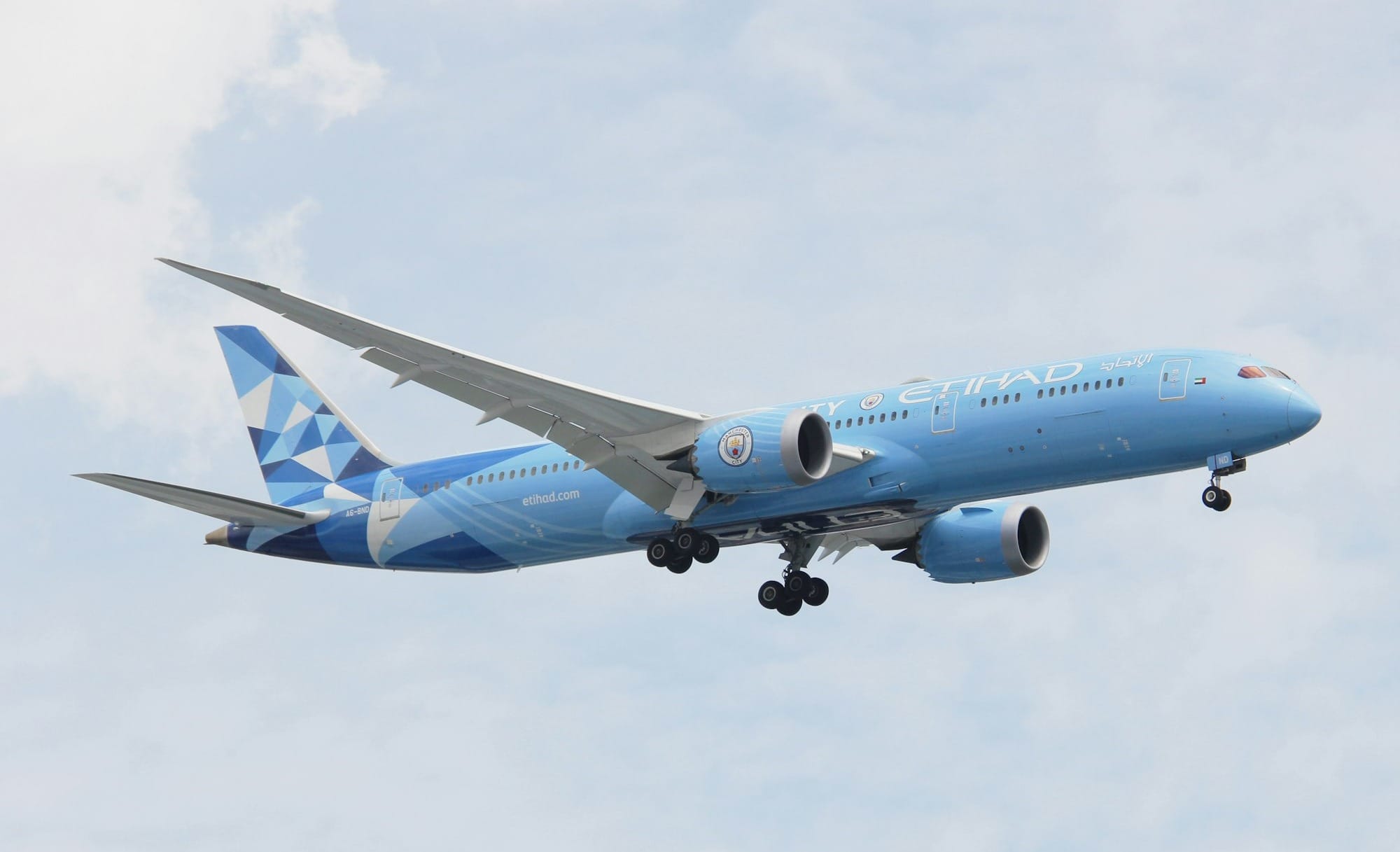The Path to Sustainable Aviation: IATA's Focus on SAF Production
The International Air Transport Association (IATA) recently highlighted the current state and future potential of Sustainable Aviation Fuel (SAF) in its latest press release.

Advertising
The Path to Sustainable Aviation: IATA's Focus on SAF Production
Geneva, December 2023 - The International Air Transport Association (IATA) recently highlighted the current state and future potential of Sustainable Aviation Fuel (SAF) in its latest press release.
SAF Production Growth: In 2023, SAF production doubled to over 600 million liters, representing 3% of all renewable fuels produced. Despite this growth, only a small percentage is allocated to aviation, with the majority going to other sectors. In 2024, SAF production is expected to triple, yet it will still account for only 6% of renewable fuel capacity.

The Decarbonization Challenge: IATA's Director General, Willie Walsh, stressed that aviation needs between 25% and 30% of renewable fuel production capacity dedicated to SAF to stay on track for net-zero carbon emissions by 2050. Current allocation limits supply and keeps prices high, hampering aviation’s decarbonization progress.
International Goals and Demand: The Third Conference on Aviation Alternative Fuels (CAAF/3) set a target for fuels used in international aviation to be 5% less carbon-intensive by 2030. This requires about 17.5 billion liters of SAF. Demand is robust, with every drop of SAF produced in 2023 being bought and used.
Policy Framework for SAF Production: Effective production incentives are vital. These should focus on accelerating investments, ensuring sufficient SAF quantities, regional diversification, and identifying high-potential production projects. About 85% of upcoming SAF facilities will use Hydrotreatment (HEFA) production technology, necessitating diversification in production methods.

Advertising
Public Support for SAF: A recent IATA survey revealed that 86% of travelers agree governments should incentivize SAF production and prioritize its supply to airlines.
Conclusion: IATA underscores the urgency in scaling up SAF production. The aviation industry's path to sustainability hinges on robust government policies, diversified production methods, and sustained investment in SAF technologies.
Advertising



